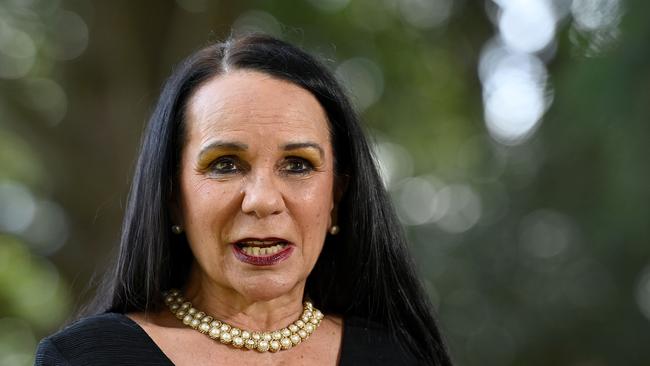Election 2022: Pledge to improve remote housing
Labor would extend the Morrison government’s remote Indigenous housing agreement in the NT and spend $100m on infrastructure in homelands if elected.

Labor would extend the Morrison government’s remote Indigenous housing agreement in the Northern Territory and spend $100m on infrastructure in homelands if elected.
The NT government is the only jurisdiction that still has a comprehensive remote housing deal with the federal government. That arrangement, which runs out next year, has been the subject of recent talks between the Morrison and Gunner governments.
Labor has promised an Albanese government would not only negotiate a new remote housing deal with the NT when the Morrison government’s agreement with the Gunner government finishes, it would contribute $200m from the Housing Australia Future Fund for the repair, maintenance and improvement of remote housing across Queensland, Western Australia and South Australia and the NT.
Labor Indigenous Australians spokeswoman Linda Burney said there would be a much bigger return on spending in the portfolios of health, education and employment if there was also improved access to safe and adequate housing in remote Australia.
“Labor understands the need to work with First Nations peoples to address overcrowding and run-down housing if we are to be successful in closing the gap,” Ms Burney said.
“That’s why Labor is undoing years of Liberal neglect to extend federal funding for housing in Northern Territory homelands and investing in maintenance and upgrades to remote housing across Western Australia, South Australia, Queensland and the Northern Territory.”
The cost of remote housing in Indigenous communities fell to states in 2018 when the decade-long National Partnership Agreement on Remote Housing ended.
Between 2008 and 2018, the federal government contributed $5.4bn to remote Indigenous housing in WA, SA, Queensland and the NT. In contracts with the commonwealth, the states and the NT were responsible for spending the federal money.
However, a government review of the old remote housing deal found there was still vast unmet need at the end of the contracts.




To join the conversation, please log in. Don't have an account? Register
Join the conversation, you are commenting as Logout